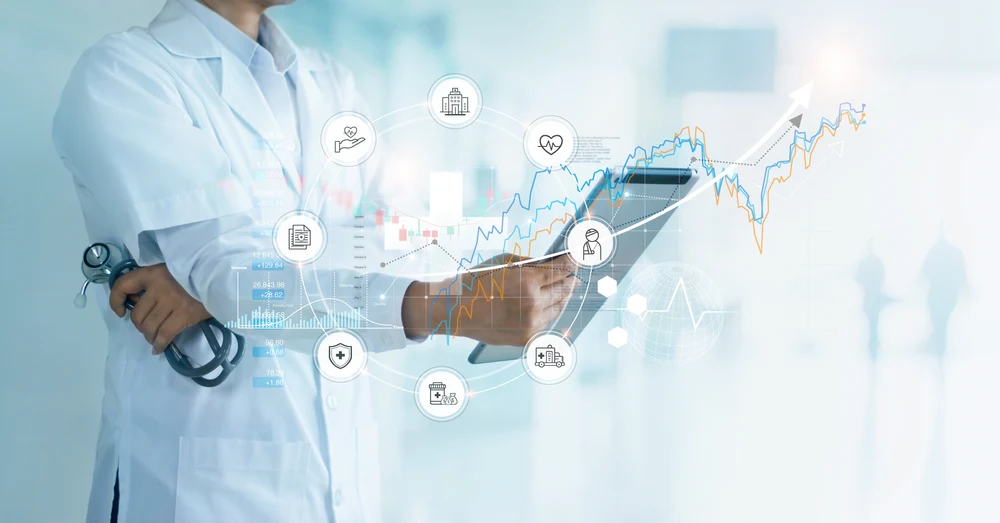Clinical Information Systems Course
Introduction:
The integration of clinical knowledge with advanced information technology is transforming healthcare delivery. This Clinical Information Systems course explores how data-driven insights and technological advancements enhance the quality, efficiency, and safety of healthcare. Clinical informatics, evolving from the digitization of health records and electronic health systems, ensures seamless information flow within medical settings and equips clinicians and administrators with essential tools for informed decision-making. This course offers insights into the historical evolution, current applications, and future directions of Clinical Informatics, focusing on telehealth, data analytics, and electronic health records to prepare participants for modern healthcare practices. It aims to illuminate Clinical Informatics' transformative impact on healthcare as professionals and technologists shape the future of patient care.
Objectives:
By the end of this course, participants should be able to:
- Understand fundamental principles of Clinical Informatics.
- Apply informatics principles to enhance patient care and safety.
- Evaluate, critique, and appraise healthcare information systems.
- Support clinical decision-making through data analysis.
- Contribute to the implementation of health IT solutions.
Training Methodology:
- Interactive lectures and discussions
- Case studies and real-world scenario analysis
- Hands-on practice with clinical information systems
- Group projects and workshops
- System simulations and role-playing exercises
- Q&A sessions led by experts
- Peer feedback and collaborative problem-solving
Course Outline:
Unit 1: Historical Foundations of Clinical Informatics
- Evolution of Health Informatics: Historical developments and breakthroughs.
- Key Contributors: Significant individuals and organizations in the field.
- Technological Milestones: Key advancements in clinical informatics.
- Impact on Clinical Practice: Effects on healthcare delivery and future trends.
Unit 2: Healthcare Information Systems
- Health Information Systems Overview: Their role in improving patient care and safety.
- Usability Issues: Common issues and user training solutions.
Unit 3: Data Analytics in Healthcare
- Introduction to Healthcare Analytics: Relevance and tools.
- Data-Driven Decision Making: Case studies and predictive analytics.
- Ethical Considerations: Ethical issues in data-driven healthcare.
Unit 4: Telehealth Applications
- Telemedicine vs. Telehealth: Definitions and uses.
- Remote Patient Monitoring: Applications in chronic disease management.
- Challenges and Opportunities: Adoption of telehealth services.
- Virtual Consultations: Efficacy and regulatory landscape.
Unit 5: Security and Privacy in Health Informatics
- HIPAA Compliance: Understanding and adherence.
- Data Security Measures: Protecting health information.
- Privacy Concerns and Solutions: Addressing issues and legal implications.
- International Standards: Best practices for data protection.
Unit 6: Interdisciplinary Collaboration
- Bridging Healthcare and IT: Enhancing cooperation between specialists.
- Effective Communication Strategies: Ensuring understanding among teams.
- Case Studies in Successful Collaboration: Examining successful interdisciplinary projects.
- Project Management in Healthcare IT: Principles and overcoming cultural barriers.


















